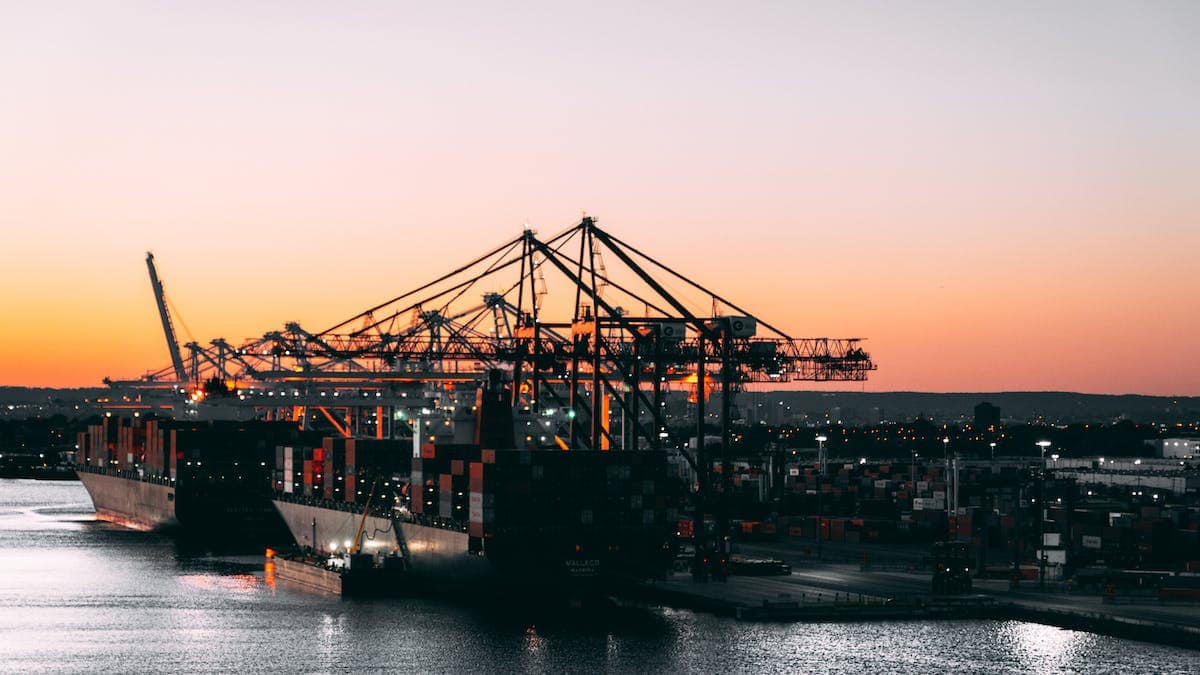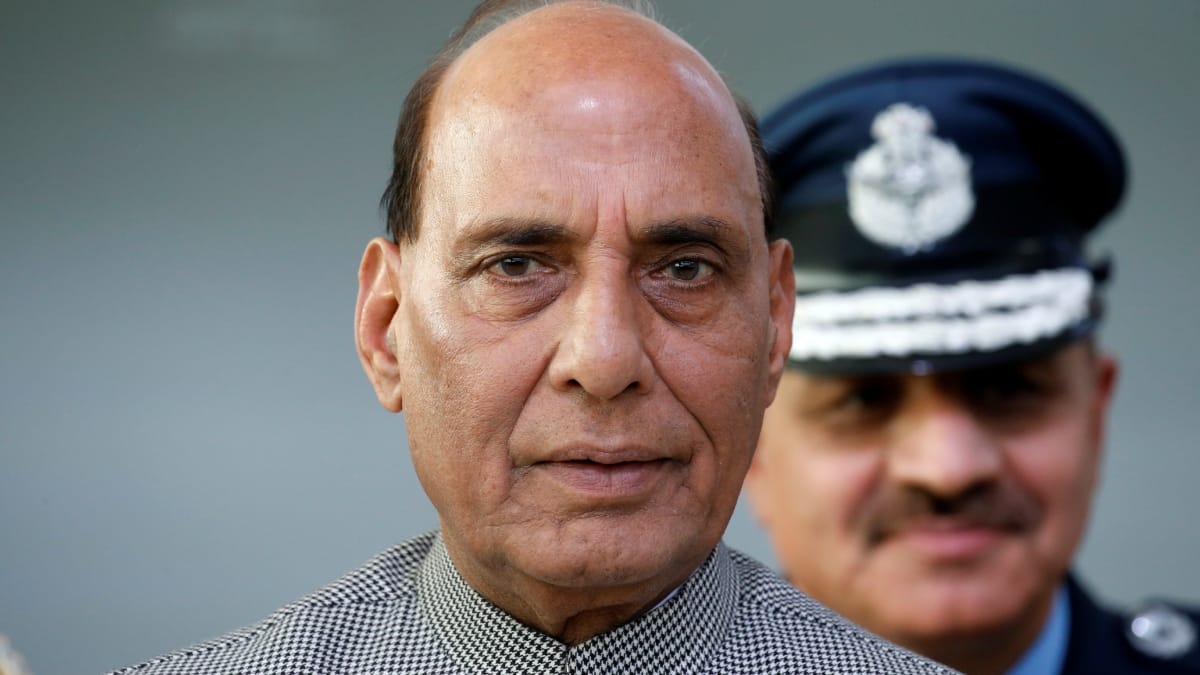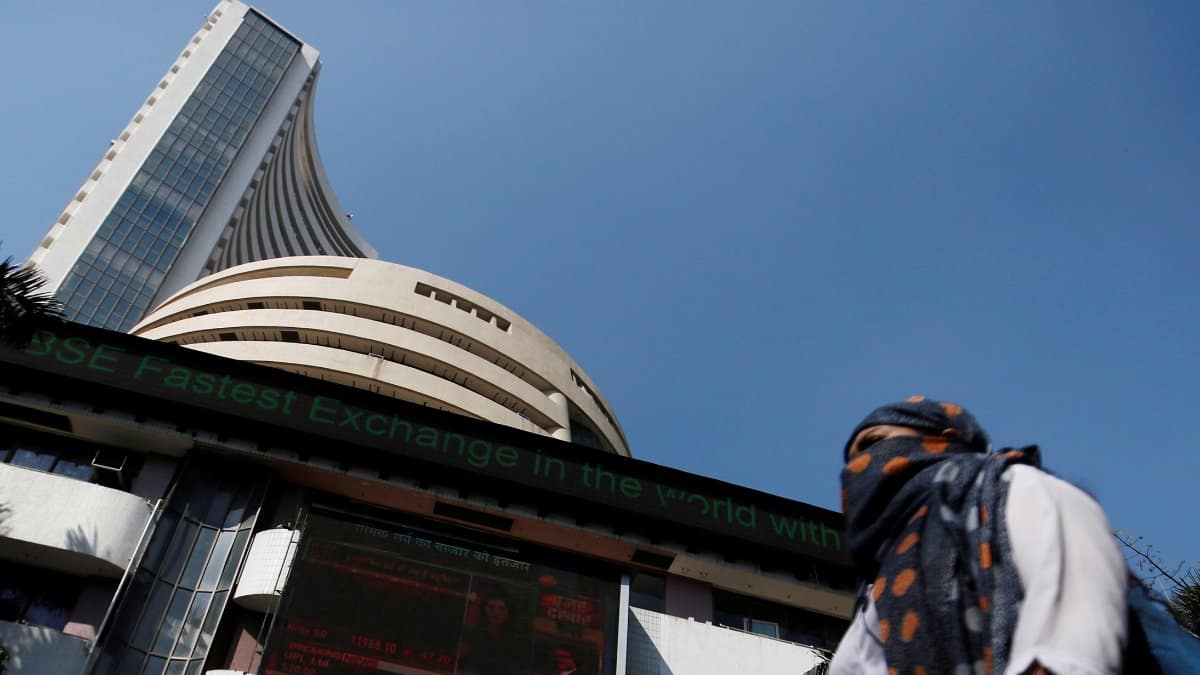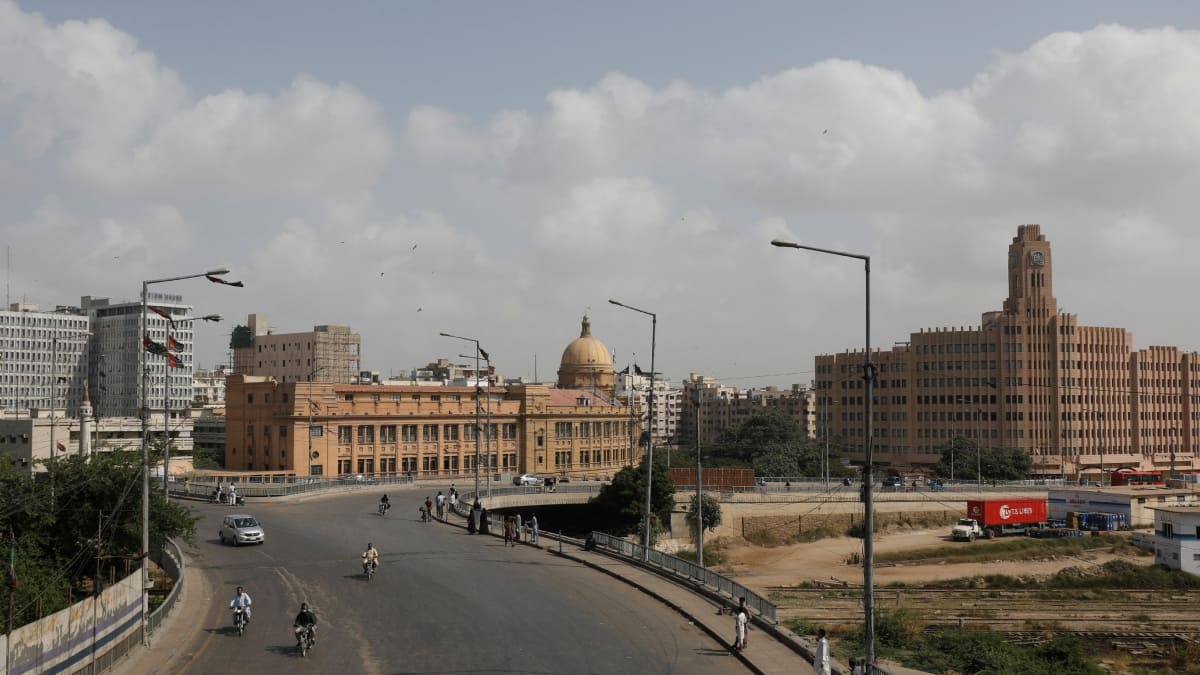As shipping lines circumvent the Suez Canal route due to the attacks on cargo vessels by Yemen’s Houthi Group in the Red Sea, Indian exporters expect freight rates to go up by as much as 25%, and insurance premiums to rise. They also apprehend that trade might suffer significantly if the disruption continues for a longer period.
The persistence of the onslaught by the Iran-backed rebels could also stoke imported inflation, and jack up costs of capital goods and raw materials for Corporate India, which is on the cusp of a new investment cycle.
The development could not have at worse time for India, given that in six of the first eight months of the current financial year, the country’s merchandise exports shrank, and in calander 2023, the export value dipped 5%.
Indian exports to certain countries of Asia, North America, Africa and Europe goes through Suez will now have to take a longer route through Cape of Good Hope that will add another 12-14 days to travel time, trade circles say.
“Already ships that were to dock in India are getting delayed because either they have got stuck or taken an alternate route which is longer,” Ajay Sahai, director general and chief executive officer at Federation of Indian Export Organisations, said.
Similarly, shipments that have left Indian shores with cargoes will take a little longer to reach their destination. “In some cases buyers have asked for the shipments to be held back as they do not want to face an uncertain situation,” Sahai said.
The freight cost for India’s basmati rice exports to countries around the Red Sea has jumped from $ 600 per 20-tonne container to $ 2,000 given the risk involved,” Vijay Setia, former president, All Indian Rice Exporters Association (AIREA) and a Karnal-based rice exporter said. Freight for rice consignments headed for Europe has doubled to doubled to $4000 since the first reports of Houthi ambush. A major chunk of basmati rice produced in India is exported to Saudi Arabia and Iran.
Sources, however, said that the situation in the Red Sea is more likely to cause a delay and rerouting of oil supplies, rather than shutdown of wells. Goldman Sachs has estimated that 7 million barrels a day of oil and products flow through the Bab el-Mandeb Strait which will be redirected but this is unlikely to impact the production directly. The investment bank, however, estimates that prolonged redirection of these oil flows would raise spot crude prices relative to long-dated prices by $3-4/per barrel.
However, this is unlikely to impact crude shipments to India.“Most of the crude oil that India imports would be passing to the Strait of Hormuz, not the Red Sea. Almost 30% crude is sourced from Russia which is not shipped through this route at all. So, there won’t be much of an impact on the country’s crude imports,” said Prashant Vasisht, Senior Vice President & Co-Group Head, ICRA. He, however, added that import of other chemicals and products that are transported through this route could be impacted.
“If the strait is blocked, it could lead to disruptions in India’s supply chains, which could hurt its economy,” co-founder of Global Trade Research Initiative (GTRI) Ajay Srivastava said. Disruptions in supply chains could mar India’s recent attempts to create space for itself in global supply chains, he observed.
Longer time at sea by vessels would also lead to another round of container shortage. The last bout of container shortage was seen just after Covid when import demand soared and along with it the freight rates which in same cases more than quadrupled. Before the Red Sea disruption the global rates had come down to half of the 2021 peaks. Now they are again on the way up.
Some reports tracking the sector suggest that major container lines have pushed short-term contract pricing substantially higher for Indian bookings in the last few days, including a spike of 15- 30% for loads to the US’s East and West coasts. Similar increase has been reported on other major sea routes like China-Europe.
The exporters from India have so far not reported an increase in freight rates but anticipate an increase of 25% if the uncertainty remains and Suez route remains inaccessible,” secretary general of Apparel Export Promotion Council Mithileshwar Thakur said. Increase is also expected in the insurance premiums for the goods, he added.
The disruption in Suez has come as another challenge for the industry that has been facing the brunt of Russia-Ukraine war for the past two years and the Israel-Hamas conflict, Chairman of Engineering Export Promotion Council Arun Kumar Garodia said.
The trade rerouting comes at a time India’s exports are seen to face a shortfall of $5 billion in the current financial year owing to the various trade restrictions imposed by the government on wheat, rice and sugar.
The large shipping firms that stopped plying ships include the Danish firm Maersk and Swiss-Italian MSC (Mediterranean Shipping Company), German Hapag-Lloyd, and French CMA CGM (Compagnie Maritime d’Affrètement – Compagnie Générale Maritime).
The Houthi militant group that controls vast amounts of territory in Yemen after years of civil war has since last month fired drones and missiles at ships sailing through the Red Sea in response to Israel-Hamas conflict.
To alleviate the danger to world shipping the US on Tuesday announced a multinational patrolling operation. “If it builds up confidence among shipping lines and they are back in business then it would not be much of a challenge. If building up confidence takes time then it would be a challenge,” Sahai added.
Around 15% of the world’s maritime traffic passes through the Suez canal. It has been out of bounds for ships in the past too due to wars. The 1956 war between Israel and Egypt also known as ‘Suez Crisis’ closed down the waterway for six months. The six day war between Israel and Arab powers in 1967 left a lot of damaged ships in the canal and it remained out of bounds for eight years till a peace treaty was signed between Israel and Egypt.
The last big disruption came in March 2021 when a cargo ship Ever Given broke down and blocked the route for six days.




